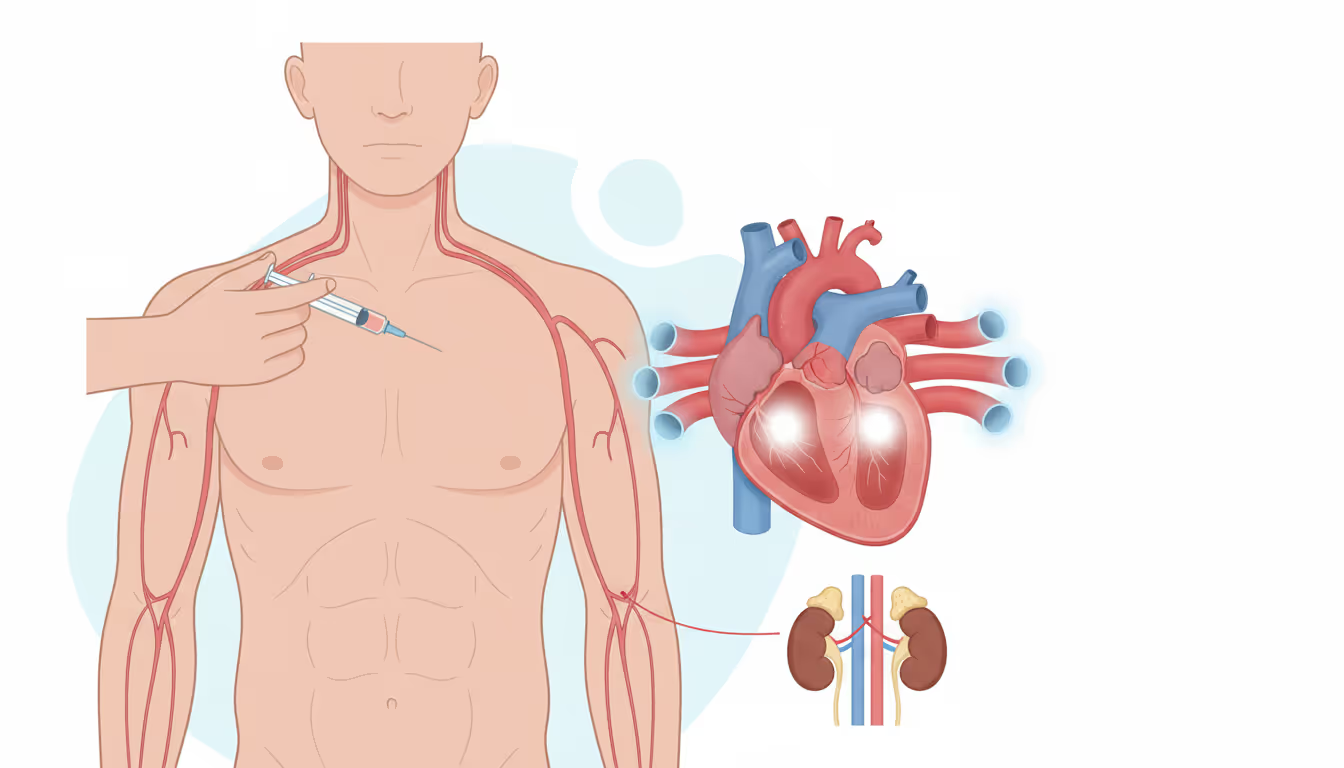
Epinephrine, often referred to as adrenaline, is a chemical produced by the medulla within the adrenal glands, situated above the kidneys (with "epi-" meaning above and "nephros" being Greek for kidney). The term "epinephrine" was introduced in 1898 by the American biochemist John Jacob Abel, who successfully isolated it from the adrenal glands. Abel also managed to crystallize the substance. From a technical perspective, epinephrine is a sympathomimetic agent, which accelerates the heartbeat, enhances the strength of cardiac contractions, dilates the airways (bronchioles) in the lungs, and has a variety of other effects. The release of epinephrine by the adrenal glands plays a crucial role in the body's fight-or-flight response. While epinephrine is the term commonly used in the United States, adrenaline is the recognized name in British English.




